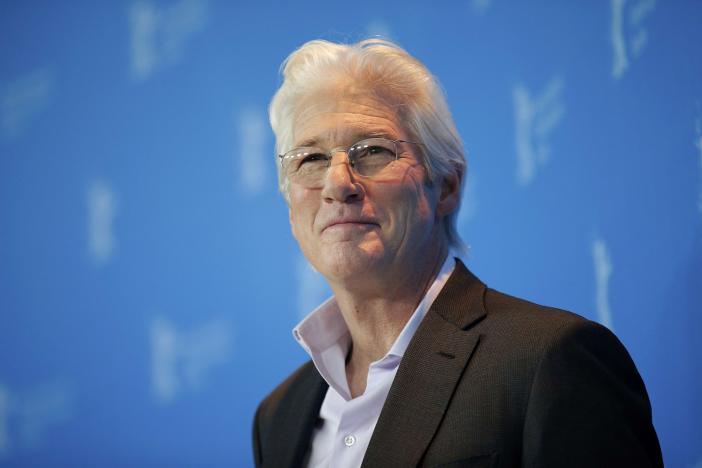
There is, however, still cause for concern. The government of Pakistan had asked for 200 items to be included on the list for tariff reductions and the Europeans have agreed to only 75. It is also somewhat unnerving as to why the list has not yet been made public. Are we to assume that the EU wanted at least a day of good press in Pakistan before letting the country know whether the economy actually gets something out of the deal? If that is the case, and it turns out that the actual concessions are relatively minor, then we will be disappointed by the cynicism of the EU. We hope to be proven wrong on this point.
The actions of the government of Pakistan in this matter, however, are commendable. They have represented the long term interests of the country well, certainly to the best of their capabilities. While one hopes that they are able to extract a more beneficial trading partnership with the European Union, it is good to see that Pakistan’s foreign policy includes more than just pleading for the political cause of the Kashmiris and asking for more aid.
While aid in a time of such crisis is certainly welcome, the country must learn to stand on its own two feet and the ability to earn its way out of poverty through increased trade is an important step in that direction. Given that the EU is the single largest market for Pakistani exports, it is all the more important to make trade the focus of the country’s relationship with the world’s largest economic bloc.
Published in The Express Tribune, October 9th, 2010.

1732271743-0/diddy-(45)1732271743-0-165x106.webp)










COMMENTS (2)
Comments are moderated and generally will be posted if they are on-topic and not abusive.
For more information, please see our Comments FAQ